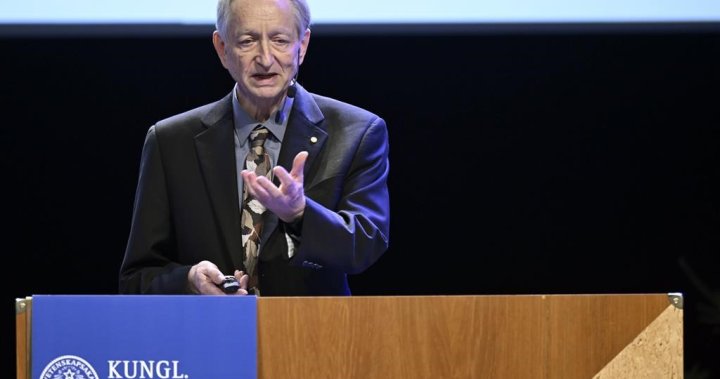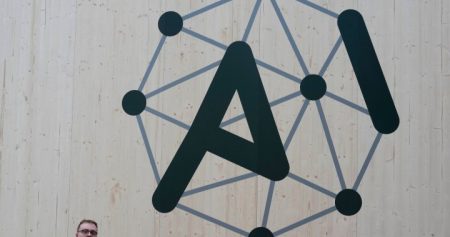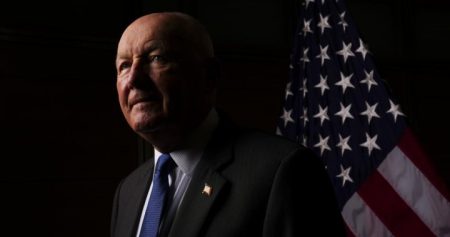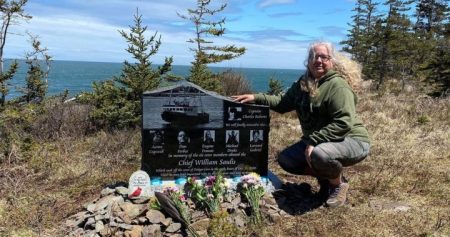Geoffrey Hinton, a renowned figure in artificial intelligence and recent recipient of the Nobel Prize in Physics, has chosen to direct a significant portion of his winnings, $350,000, towards a cause close to home: providing clean drinking water to Indigenous communities in Canada. This decision, a departure from the typical funding of high-tech ventures or AI safety initiatives, highlights Hinton’s commitment to addressing a fundamental human need and acknowledging the historical injustices faced by Indigenous Peoples. He selected Water First Education and Training Inc., a small Ontario-based organization, to carry out this vital work, recognizing their focus on empowering communities through education and training in water management.
Hinton’s donation represents a substantial boost for Water First, accounting for approximately half of his share of the Nobel Prize money. This infusion of funds will be instrumental in expanding the organization’s reach beyond Ontario and Manitoba, where they currently operate, to assist Indigenous communities across Canada grappling with water access issues. Furthermore, the donation will bolster Water First’s capacity to deliver their environment-focused programs in Ontario and Quebec. The organization, while experiencing considerable growth in recent years, remains relatively small, and Hinton’s contribution will significantly enhance their ability to extend their impact.
The decision to support Water First was influenced by a conversation with Hinton’s partner, who suggested focusing on the issue of clean water access within Canada rather than his initial plan to support a similar cause in Africa. Hinton’s rationale for supporting Water First hinges on their long-term approach to solving the problem. Rather than simply providing clean water, Water First emphasizes training and education, equipping communities with the skills and knowledge necessary to manage their water resources sustainably. This investment in capacity building, Hinton believes, is a more effective and impactful way to address the root causes of water insecurity.
The stark reality facing many Indigenous communities in Canada is that access to clean drinking water remains a persistent challenge. Approximately 13% of First Nations communities across the country are currently under drinking water advisories, with the proportion rising to 25% in Ontario. Hinton’s donation underscores the urgency of this issue and the need for sustained efforts to ensure that all communities have access to this fundamental human right. His choice to support Water First, an organization dedicated to empowering Indigenous communities through education and training, reflects a deep understanding of the long-term solutions required to address this systemic problem.
Hinton’s contribution extends beyond the financial realm. His platform as a Nobel laureate provides a powerful voice to raise awareness about the ongoing water crisis in Indigenous communities. By publicly supporting Water First, he brings much-needed attention to this critical issue, prompting broader conversations and encouraging further action. Hinton’s gesture serves as an example of how individuals with significant platforms can leverage their influence to support important causes and inspire others to contribute to positive change.
The significance of Hinton’s donation to Water First resonates beyond the immediate financial impact. It represents a tangible commitment to addressing the historical injustices faced by Indigenous communities and recognizing their inherent right to clean water. By choosing to support an organization that prioritizes community empowerment and long-term solutions, Hinton’s contribution offers a beacon of hope for a future where all Canadians have access to safe and sustainable water resources. His actions not only provide vital funding but also inspire a greater understanding of the challenges faced by Indigenous communities and encourage collective action to ensure equitable access to clean water for all.










